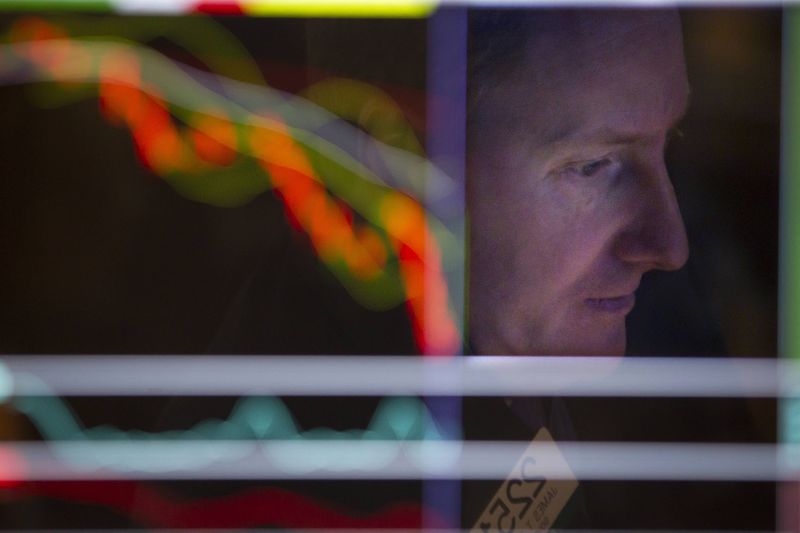Corning Proposes Ending Exclusive Glass Supply Agreements in EU Antitrust Investigation
The European Commission has opened a public consultation about a series of commitments proposed by Corning Incorporated concerning competition practices in the supply of alkali-aluminosilicate glass, a durable material commonly used in the screens of electronic devices. Recognized by the brand 'Gorilla Glass', Corning is a leading global manufacturer of this type of glass, which includes lithium-aluminosilicate (LAS Glass) and sodium-aluminosilicate (NAS Glass) variations.
Launched on November 6, 2024, the Commission's investigation examines the potential market dominance of Corning and the possibility of it engaging in anti-competitive supply agreements with mobile phone manufacturers and glass processing companies. Initial findings suggest that Corning may have abused its market position and violated Article 102 of the Treaty on the Functioning of the European Union by restricting market access for rival alkali-AS Glass producers. This situation could lead to higher prices, fewer options for consumers, and hindered innovation.
In response, Corning has committed to removing exclusivity clauses in its contracts for the supply of alkali-AS Glass with original equipment manufacturers (OEMs) and processors. Additionally, Corning has pledged not to impose minimum purchase requirements on OEMs in the European Economic Area (EEA) or to offer price incentives contingent on such conditions. For OEMs outside the EEA and for combined demands of LAS Glass and Transparent Glass Ceramics, Corning will limit the necessity to 50% of their demands and will avoid conditional price advantages.
Moreover, Corning agrees not to compel processors to source more than half of their demands for NAS Glass, LAS Glass, and Transparent Glass Ceramics from itself, and will not use contract-based penalties to enforce this limit. Regarding patent enforcement, Corning commits to basing legal proceedings solely on infringements and not using contractual mechanisms to strengthen patent claims.
These proposals, intended to be globally applicable, will remain in effect for nine years, with a monitoring trustee overseeing compliance and reporting to the Commission. Corning will also communicate these commitments to key stakeholders in English and Mandarin.
Interested parties are invited to submit their views within six weeks of the summary of the proposed commitments being published in the Official Journal of the EU. The full text of the commitments and relevant notifications will be available on the Commission's competition website.
The Commission's final decision may legally bind Corning's commitments based on the outcome of a market test regarding their adequacy, without concluding that Corning has violated EU antitrust laws. However, non-compliance could result in fines of up to 10% of Corning's global turnover. More details can be found on the Commission's competition website under case number AT.40728.


